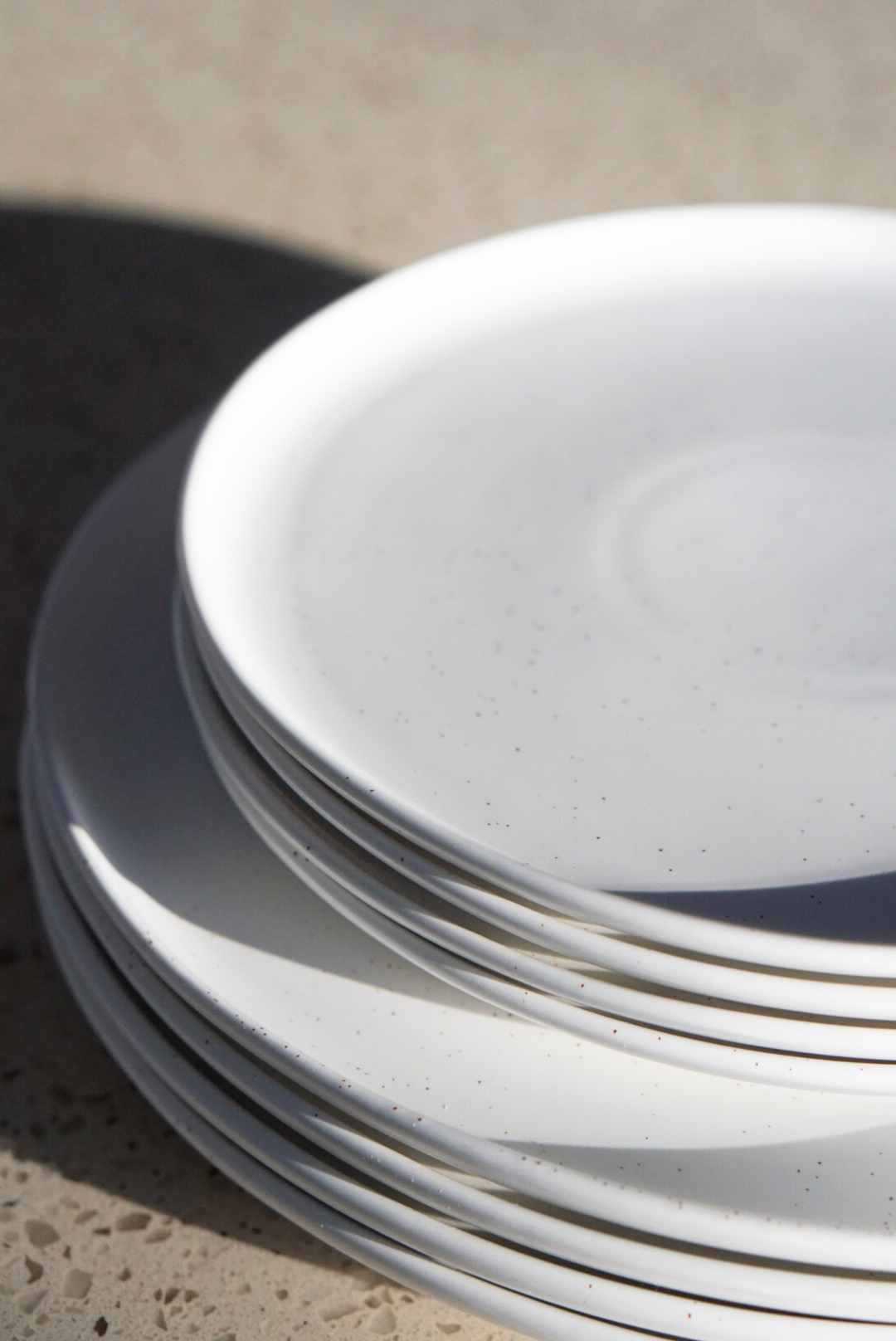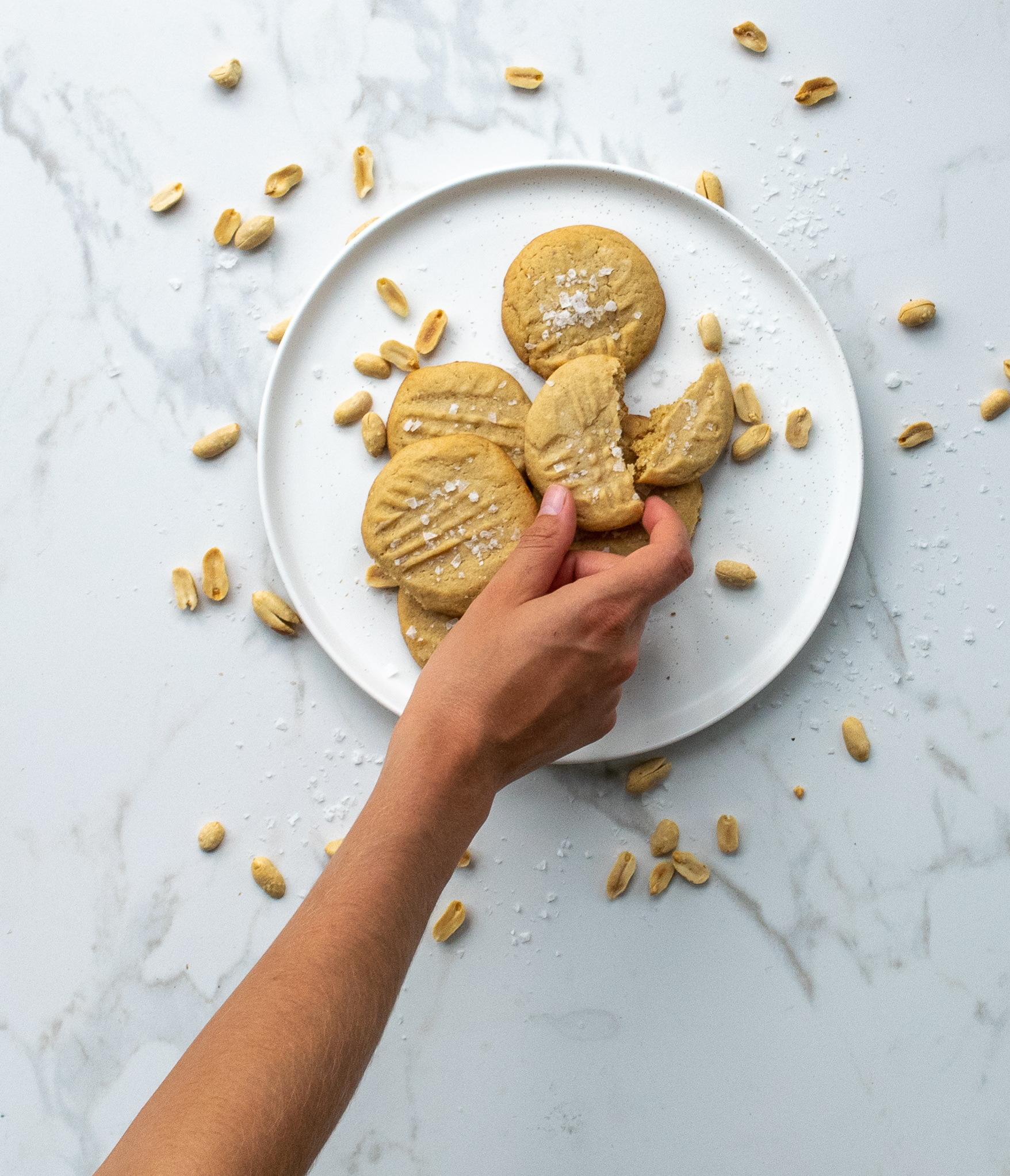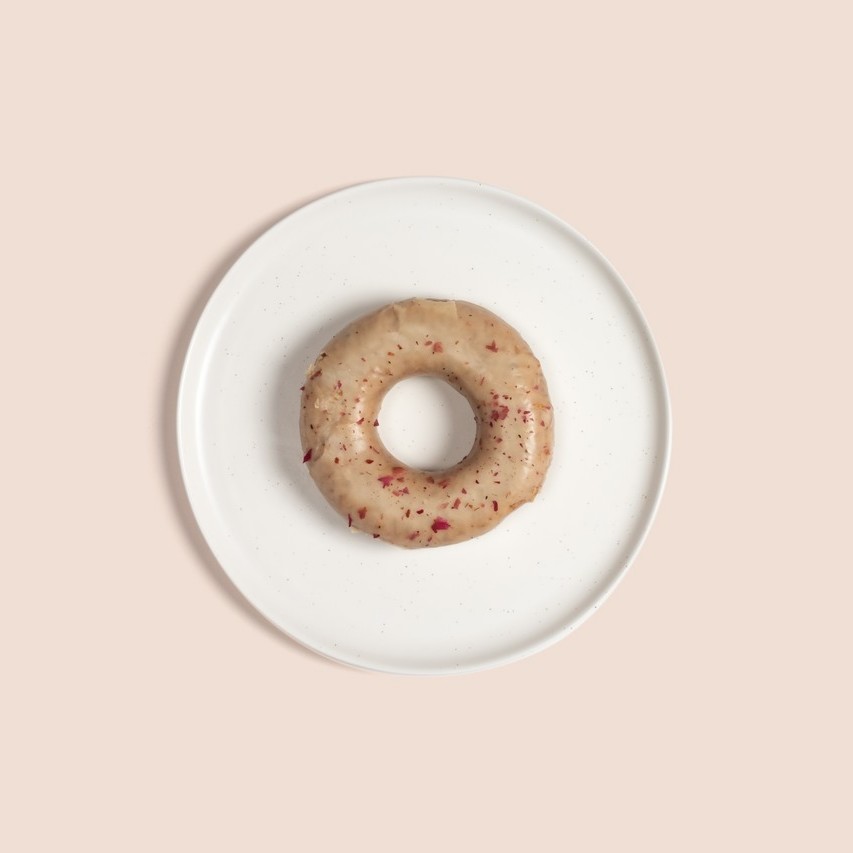Moms are notoriously difficult to shop for. (How do you, through a single object, convey your love and appreciation for the person who birthed you, raised you, and wiped the snot from your nose before you could even string two words together?) Last Christmas, however, Joe Parenteau had the perfect gift for his mother in mind: a set of modern, elegant dinner plates, one that would help complete her newly refreshed kitchen after a nightmare eight-month renovation. The dinnerware had to be polished and well constructed, but reasonably priced for Parenteau, a twenty-something business grad working in Vancouver’s startup scene. It turned out the task was easier said than done. “I actually found it was impossible,” Parenteau recalls. “I couldn’t find a single plate that was a modern design but affordable.”
Parenteau says he ended up “paying way too much money” to get his mom the “plates she deserved.” As a budding entrepreneur, the process got him thinking: why are practical, well-designed dinner plates—ones that are a step above those from Ikea and West Elm without looking overly stuffy or formal—so expensive? Teaming up with two friends, Tina Luu and Max Tims, he founded Fable, a direct-to-consumer lifestyle brand that set out to solve this dinnerware dilemma using the same business model that has allowed companies such as Casper and Away to thrive. “Our goal was to lower the cost to the end user, our customers,” explains Parenteau. “And one of the simplest ways to do that right now is to cut out the middlemen—cut out the incessant choice that other brands are creating.”
Launched in March, Fable offers minimalist porcelain plates and bowls and stainless-steel cutlery. Described as “West Coast–inspired with a Scandinavian feel,” the pieces are modest and sensible—suitable for both dinner parties and lazy Sunday-morning breakfasts—and crafted with thoughtful details such as subtle lips and semi-matte glazes in speckled white, or the more unconventional and striking noir. All items are microwave- and dishwasher-safe. They’re designed in Vancouver by Parenteau, Luu, and Tims, and made at two family-owned porcelain manufacturers in Portugal. For every set of tableware sold, the brand also makes a donation to Mealshare, a Victoria-based nonprofit that aims to end youth hunger.
Fable isn’t the first direct-to-consumer company to disrupt the dinnerware industry (the San Francisco–based Year and Day launched in 2016 with a similar goal), but it is the first Canadian one to do so in a country where some say it’s challenging for such businesses to succeed. In fact, plates are just the beginning for Fable. On September 15, the brand launches pre-orders for pasta, cereal, and serving bowls, as well as salad serving spoons and a new line of cutlery, all to ship in time for the holiday season. (Parenteau hopes to release glassware, charcuterie boards, and even dining-room furnishings in the future.) Soon, Fable will also unveil “Table,” a blog that shares hosting tips, recipes, and even dinner party–friendly playlists for a generation that, thanks to the influx of meal-delivery and food-prep services, is increasingly finding themselves eating at home—often with others. “We’re looking at everything in the dining experience,” Parenteau says. “We’re thinking, ‘How can we make it more accessible, better, and as beautiful as possible?’”
Read more from our Design section.












